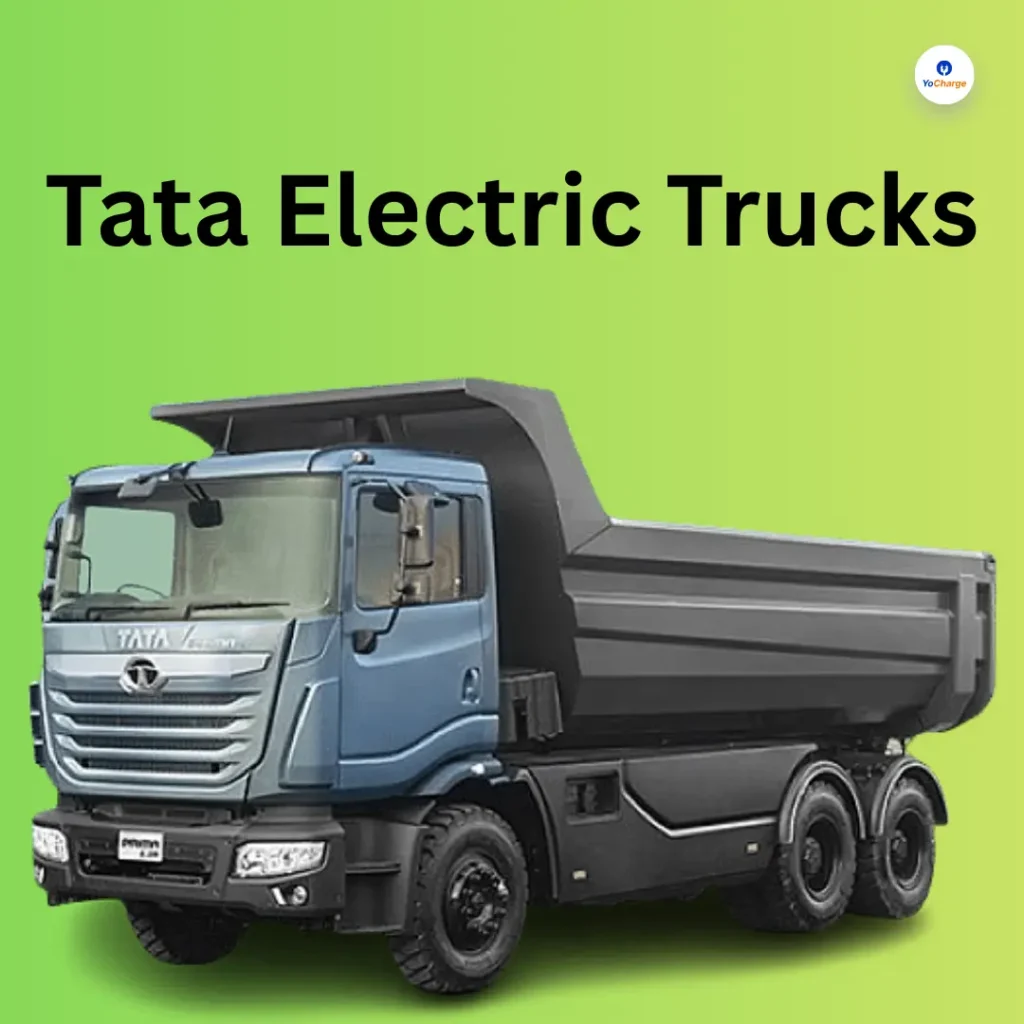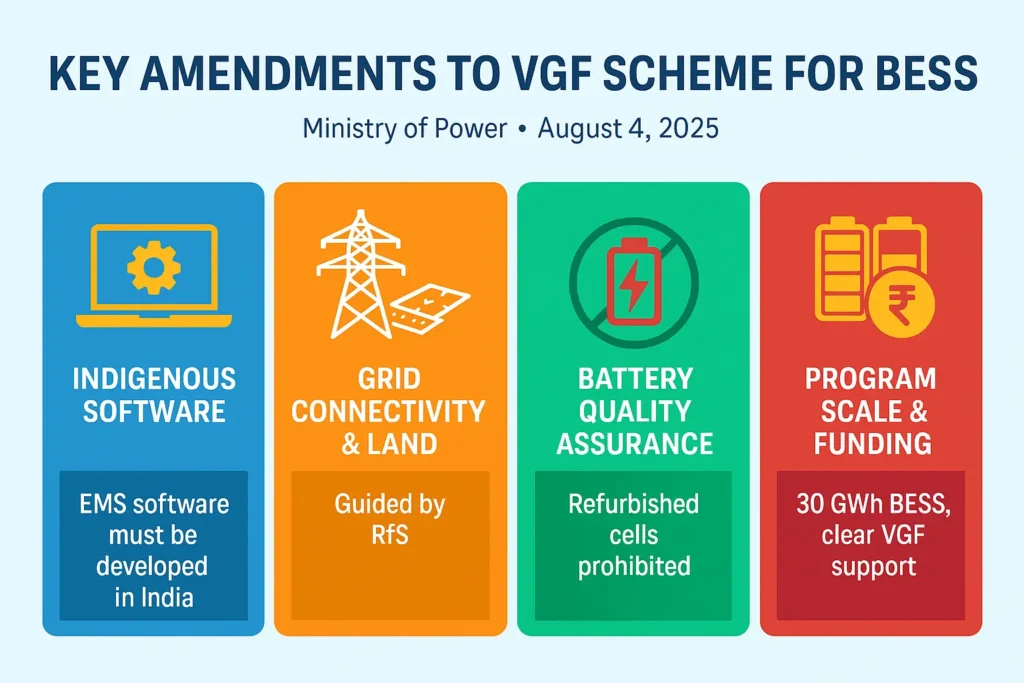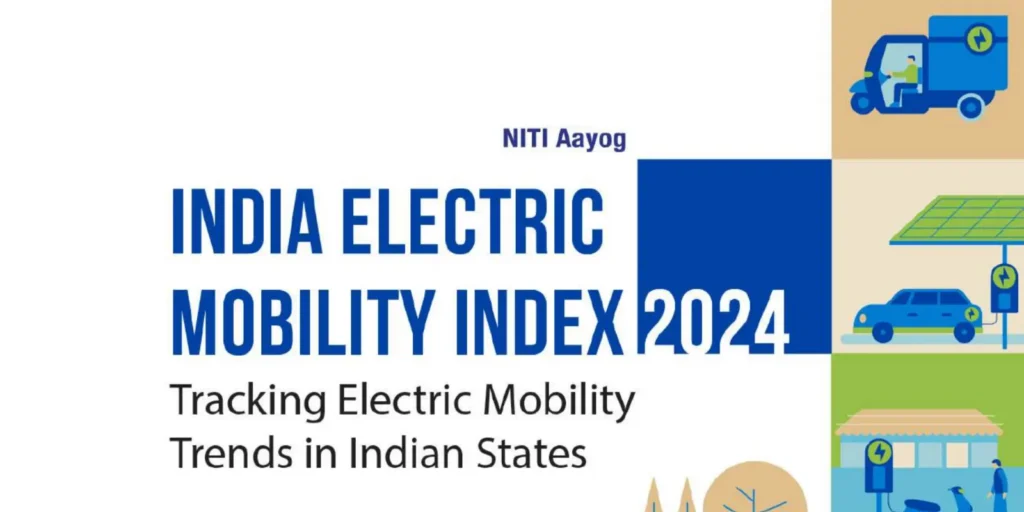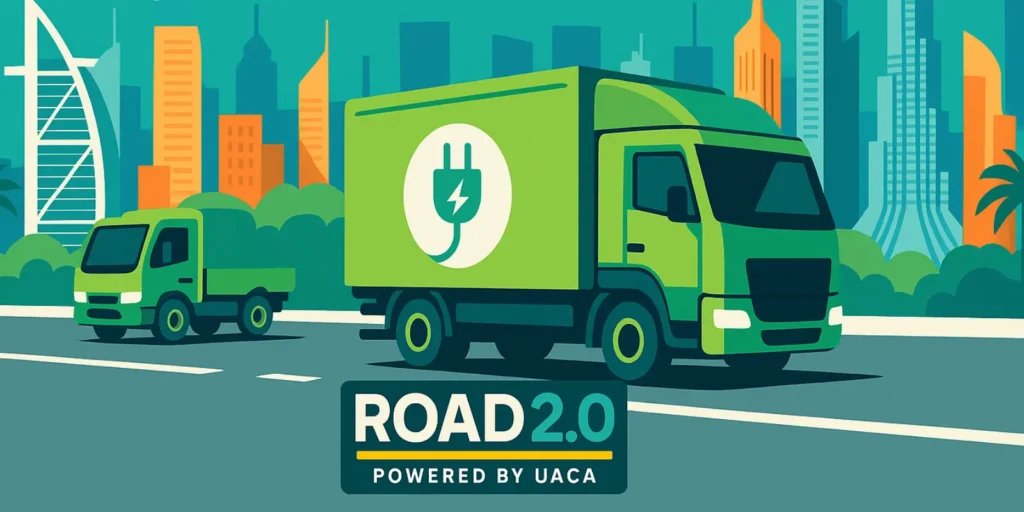The “2022 India Electric Vehicle Charging Infrastructure & Battery Swapping Market Overview Report” was published in its third year edition by the India Energy Storage Association (IESA), the nation’s foremost industry alliance on Energy Storage, e-Mobility, and Green Hydrogen. The report analyzes the current market trend and forecast for EV chargers by the segment on charger type in terms of revenue (USD Million), capacity (GW), and volume (units).

Three potential market projection scenarios the worst case, business as usual (BAU), and a national EV scenario are presented in the research paper for the upcoming ten years. The Indian EV charger market is anticipated to grow at a CAGR of 46.5% between 2022 and 2030, reaching annual sales of 0.9 million units by the year (2030), with about 85% of those expected to be type-2 AC chargers. This projection is based on the report’s BAU scenario.
Public, captive, and private (e-4W) charge points that have been installed nationwide are included in the EV charger market. The report is limited to chargers with 3.3kW and above ratings. Over 17,000 EV chargers were distributed in total during 2021. Included in this are chargers provided by EV OEMs for sale with e-4W, as well as purchases made by PSU, commercial fleet operators, bus operators, and CPOs.
Due to tenders announced by PSUs like Kerala State Electricity Board (KSEB), Convergence Energy Services Limited (CESL), NTPC Vidyut Vyapar Nigam Ltd., and Indian Oil Corporation Limited (IOCL), which are anticipated to add about 6,000 charging stations by 2023, the demand for EV chargers in India increased in 2022. In order to include EV charging solutions in their new and current properties, real estate developer businesses including Omaxe, Lodha Group, MyGate, and Rustomjee Group worked in conjunction with EV charging station developer companies.
The FAME Scheme and the release of the EOI for the deployment of charging stations, two initiatives by the Department of Heavy Industries, have helped to facilitate the widespread installation of chargers around the country. State governments are also actively working to expand the state’s EV charging infrastructure by offering appealing incentives including capital subsidies and 100% reimbursement of state goods and services tax.
States like Kerala, Madhya Pradesh, Haryana, and Andhra Pradesh offer appealing financial subsidies for the installation of a certain number of fast and slow EV chargers. Further, the availability of additional state subsidies makes Delhi and Maharashtra attractive locations for establishing private charges. Additionally, in their tariff decisions, some of the state’s regulatory bodies have designated a special category for EV charging tariffs.
The report claims that the major reasons for the EV charger market’s growth in the coming decade will be:
| 1 | An increase in lithium-ion based EV sales, which are projected to reach 54.6 million between 2022 and 2030 under the BAU scenario. |
| 2 | Availability of supporting laws and policies |
| 3 | Tenders issued by governmental organizations including Delhi Transco Limited, NTPC, and CESL |
| 4 | Collaboration between EV OEMs and charge point operators |
Investors and operators of charge points have been discouraged from growing their fleets due to the low use rate of public charging stations. However, utilization rates are anticipated to rise as commercial fleet operators use EVs more frequently and as the local public is adopting EVs more quickly.



